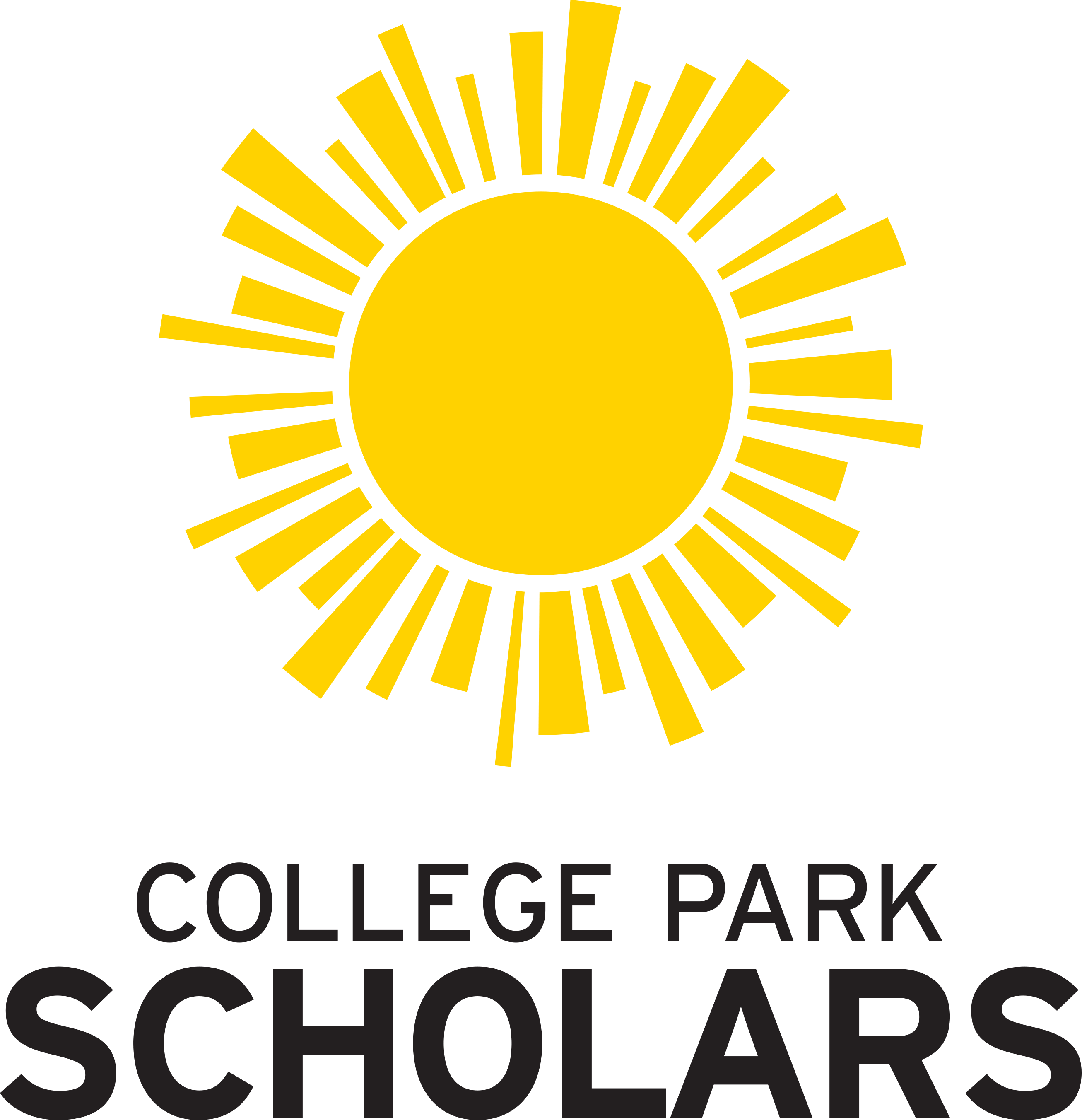


The course that came as the greatest shock to me was an Art History class that I took last during the fall semester. The title of the course was “Monuments, Monumentality, and the Art of Memorial”. I am an Information Systems major, so this course covers material far from what my perception of my own interests were and my only motivation for taking the course was to fulfill general education requirements. However, this course has been, by far, my favorite course in the two semesters so far. The course talked about the cultural, political, religious, and historical significance of different monuments in different civilizations throughout history and what monuments can tell an observer about a region. One of my favorite assignments from the course was an assignment where we were given the freedom to choose any monument from any civilization throughout history, and write an essay about how we would redesign the monument to change the message that it conveys. This was a very open-ended assignment and allowed me to think about how different physical aspects of monuments can guide an observer’s perception of the monument and what physical aspects stand out to me specifically. Solely because of how much I enjoyed this course, I am planning on pursuing a minor in Art History.
My advice for students who are trying to develop professional relationships with faculty is to try to do so mainly in smaller courses. In larger, general courses where professors have hundreds of students every semester, it is much more difficult to develop and maintain a connection with that professor. However, once you begin to take courses more specific to your major with smaller class sizes, it becomes easier to approach the professor about questions that you may have.
When I came to college, most of my friends from high school were either computer science majors, engineering majors, or pre-med. This meant that I did not have a lot of people that I know within the Smith school of business. To help develop a sense of community, especially among students that have similar interests and goals to myself, I joined a professional business fraternity associated with the Smith school: Pi Sigma Epsilon. This fraternity has helped me to expand my social circle with people that I wouldn’t have met otherwise. This organization has also helped me both academically and professionally. Since joining, I have had access to many recruiting events with large firms and I am able to talk to other members about coursework and get general advice on things like which classes and professors to take.
The hardest part about developing these relationships was forcing myself outside of my comfort zone to meet new people. I am a naturally introverted person, and I was not expecting to join a fraternity during college. However, once I pushed myself to try new things and learned about how potentially beneficial it can be to join an organization like PSE, it was easier to be more outgoing.
The aspect of college life that I was least prepared for was the lack of structure in my day to day schedule. In high school, there is little to no uncertainty in what the day will look like because you have to attend every class everyday. In college, the responsibility is on you to attend class, do your assignments, eat 3 meals a day, exercise, do your laundry, sleep enough, etc. As a result, it is very easy to not do some or any of these things with seemingly no consequences at first. This lack of structure can be very fun but also demands a lot more responsibility from the individual. My advice for incoming freshmen would be to make sure that you are very clear on your priorities. It is very easy to say that academics are my only priority and that everything else comes second to that. That may be true, but that mindset also makes it very easy to ignore your other needs, such as social and physical needs.